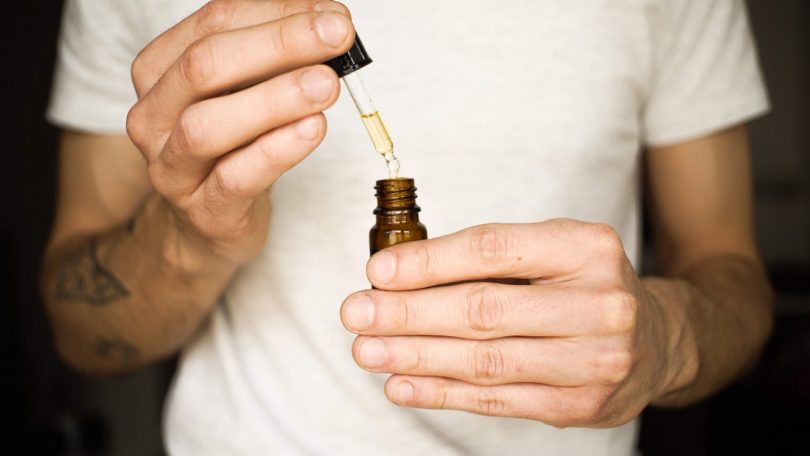Despite the widespread beliefs and anecdotal evidence of CBD’s benefits, there isn’t a lot of solid scientific data concerning the therapeutic effects of CBD. Many of the existing studies on CBD have conflicting results, making it impossible to sort out the truth.
One group of researchers hypothesized that the discrepancies in existing CBD research were due to a number of factors which changed the way the body processes and interacts with CBD. First, they wanted to determine if different preparations of CBD would change the way body absorbs CBD. They also looked into the role of body composition on CBD absorption. The team also looked into claims that CBD has an impact on heart rate variability. What they found could change the way future CBD research is conducted. [1]
Impact of Preparation
The research team tested out five different preparations of CBD differing in their solubility, CBD concentration and additional formulation ingredients. All of them were administered orally, and they all contained 30 mg of CBD. They assessed CBD pharmacokinetics mapping circulating concentration of CBD in the participants’ blood over a 4-hour time span determining how the preparation changed the body’s response to CBD.
The preparation that reached fastest its maximum concentration fastest and had the highest maximum concentration was the one with 5% CBD in liquid form. CBD powder mixed with water took longest to reach its maximum concentration and had the lowest overall maximum concentration of the preparations tested. The CBD tincture had similar results to those of CBD powder, with a slightly quicker absorption rate and a higher overall concentration. It would seem that tinctures, in general, create a delayed release absorption. Interestingly, the 20% CBD concentration in liquid performed similarly to the 5% one, but did not reach the same maximum concentration, suggesting that there may be a particular level for CBD optimal for the best absorption.
Impact of Body Composition
There were significant variations in the data collected across all of the preparations. Those variations were a result of body composition. While the team picked up certain trends, only a few stood up to statistical analysis. First, with the 5% CBD in liquid formulation, lean body mass was linked to reduced time to reach peak concentration of CBD. For the tincture, higher body mass index was associated with a longer time to reach peak concentration. Several other factors were statistically significant for individual preparations, like age being positively associated with a higher overall concentration with administration of 5% CBD in liquid form.
The results show that not only the different CBD preparations have an impact on the way the body processes them, but the body itself plays a major role in CBD absorption.
Impact on Heart Rate Variability
Heart rate variability can be an indicator of overall heart health and may help to predict cardiac events. There haven’t been many studies related to CBD’s effects on heart rate variability, and to the researchers’ best knowledge, none that cover the immediate effects of CBD alone.
After evaluating several heart rate variability parameters, the team found that CBD only has a moderate impact on heart rate variability, and they deemed the difference caused by CBD physiologically irrelevant. [1]
This study has found that there are multiple factors at play within the body that change the way it reacts and processes CBD. CBD shows a great deal of promise, but further research should be done in order to reveal completely the influence of different CBD preparations on the body.
Resources:
[1] Williams NNB et al. Comparison of Five Oral Cannabidiol Preparations in Adult Humans: Pharmacokinetics, Body Composition, and Heart Rate Variability. Pharmaceuticals (2021) ;14(1):35. Published 2021 Jan 6. doi:10.3390/ph14010035 [journal impact factor = 5.68] [times cited = 6 ]
Image: https://unsplash.com/photos/T17Vaci-d7M










